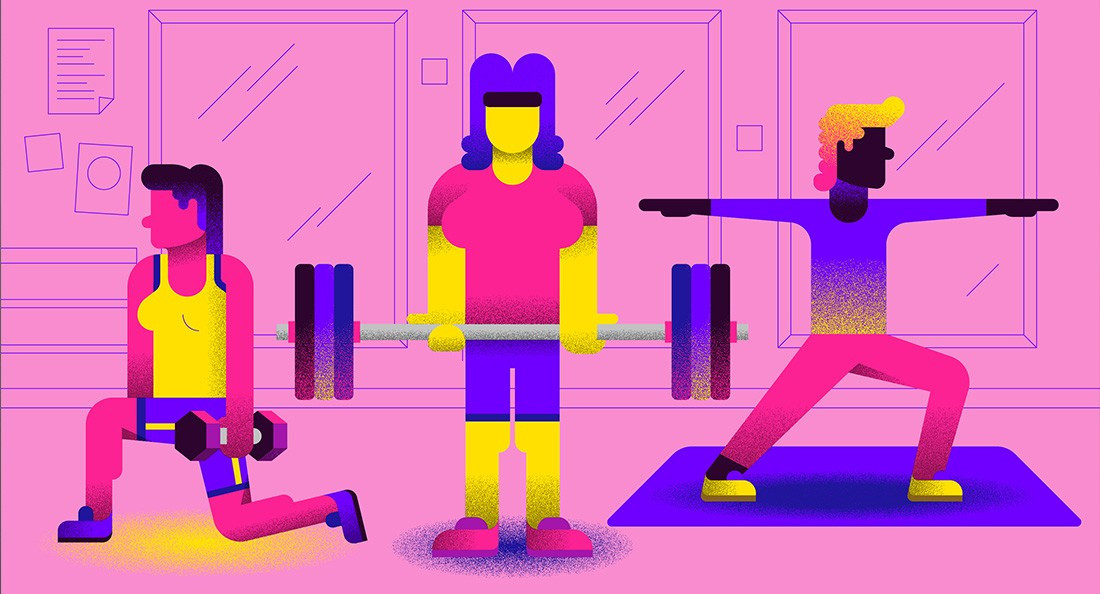New gym hours aren’t oppressive
Offering a safe space is a step toward equality
The University of Winnipeg (U of W) will offer new gym hours exclusively for females and non-binary persons beginning next September. This past fall, the University of Winnipeg Students’ Association (UWSA) organized a student survey, with about 700 participants involved, that gathered perspectives on the possible change.
The new hours have sparked some criticism, with some people asking “When will the male-only gym hours be?”
“I assume men will get a discount on what they pay for the gym, since they are denying them service based on their gender identity. This is a step backwards,” reads one comment on the U of W website.
But offering these new gym hours is neither unfair nor sexist. According to the UWSA survey, 50 per cent of female gym users indicated discomfort when using the gym facility.
“The gym is traditionally a ‘masculine’ place, and because of that masculine atmosphere, I find it can be very intimidating to even begin going to the gym,” Micaela Stokes, a community member, says.
“You feel as though it’s not the place for you, you’re not welcomed, you’d be judged and you don’t feel comfortable enough to ask questions. If there were female and non-binary persons-only gym hours, that odd masculine atmosphere will be filled with people like you, so you’d know that you were safe and welcome, because all these other people like you were going,” she says.
A quarter of female-identified persons have stopped exercising outside as a result of male harassment, sexism and sexual violence. This isn’t to say male-identifying persons never face harassment or violence, but female-identifying and non-binary persons are often the primary targets.
There have been “male-only” clubs and positions more often than there have been “female-only” positions. There has never been a female U.S. president, only eight per cent of the world’s CEOs are females, and women in Canada didn’t have the right to vote until 1916 (though some provinces didn’t allow women to vote until the 1940s, and Indigenous people couldn’t vote until 1960).
So is it wrong for female-identifying persons and non-binary persons to want one safe space for them after being excluded for most of history?
“It’s like saying whenever a business adds handicap parking they have to add another able-body parking spot. It doesn’t make sense. You’ve been parking in able-body parking spaces your whole life,” Emily Reis, a U of W student says.
As one popular aphorism puts it, “When you’re accustomed to privilege, equality feels like oppression.”
Historically, men have had power and women have been oppressed, but now that women are starting to be seen and treated as equals, some men are so used to being in power that they don’t know what equality feels like.
Offering gym hours to a historically marginalized group so that they can feel safe is not taking away anyone’s right to use the gym. It is purely opening a small time slot for female-identifying persons and non-binary persons to go to the gym and feel safe. It isn’t closing down the gym completely or accusing all male-identifying persons of being predators.
We can’t take rights away from groups that have always had those rights, but we can give rights to a historically oppressed group.
It’s time to realize that offering a group something that another group has always had is not taking away anyone’s rights. It’s equality.
Charlie Fraser is a first-year student at the University of Winnipeg. They are passionate about women’s rights and won’t let anyone dissuade them from standing up for what they believe in.
Published in Volume 71, Number 18 of The Uniter (February 2, 2017)







